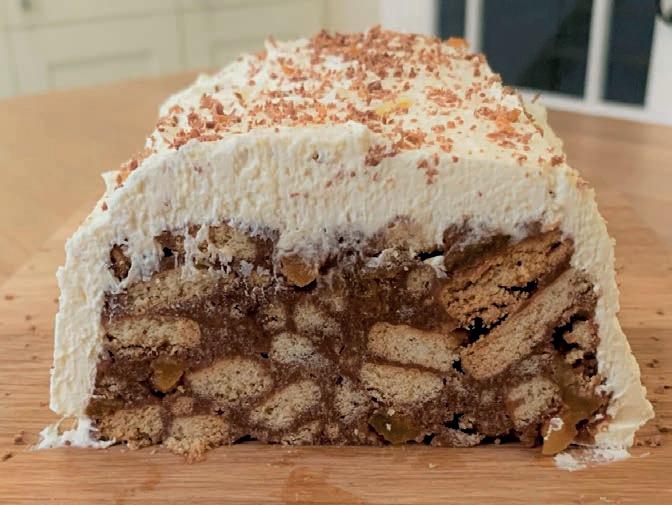RSPB Celebrating 100 years of saving birds This July, the RSPB celebrates the 100-year anniversary of the 1921 Plumage (Prohibition) Act and the RSPB’s first successful campaign to save nature. In 1889, sickened by a slaughter of exotic birds for their feathers, Emily Williamson started the Society for the Protection of Birds to campaign for change. Her efforts helped bring about the 1921 Plumage (Prohibition) Act and the founding of a global force to save nature – the RSPB.
Together they campaigned tirelessly for change and in July 1921 the Plumage (Prohibition) Act was passed, banning the import of plumage. The campaign to protect wild birds was the first successful campaign by the RSPB and solidified our role as a conservation organisation that works for nature both in the UK and internationally. From the 1870s to the 1920s the fashion for feathers in ladies’ hats was huge and tragically driving birds such as little egrets, great crested grebes and birds of paradise towards extinction.
Emily Williamson’s amazing achievement is to be commemorated with a statue at her former home in Fletcher Moss, near Manchester. Others too were determined to protect wild birds from the whims of fashion, and Emily Williamson joined forces with Etta Lemon and Eliza Phillips of the Fur, Fin and Feather Folk of Croydon, and Winifred Cavendish-Bentinck, Duchess of Portland.
The campaign against this ‘murderous millinery’ was fought on all fronts. RSPB supporters across the country wrote letters to women wearing feather hats, spoke to the shopkeepers that stocked them, and sought influence with prominent figures from politicians to the royal family. Campaigning continues to be vital in the fight to save nature. Thanks to their members and supporters – land has been saved from harmful development and birds that were close to extinction have been brought back. We have seen red kites return to our skies, ospreys breed once more in Britain and white-tailed eagles recolonise parts of Scotland. Little egrets – once hunted for their plumage and pushed to extinction in the UK – now fly free. For more information on how you can support the RSPB visit www.rspb.org.uk
54
























